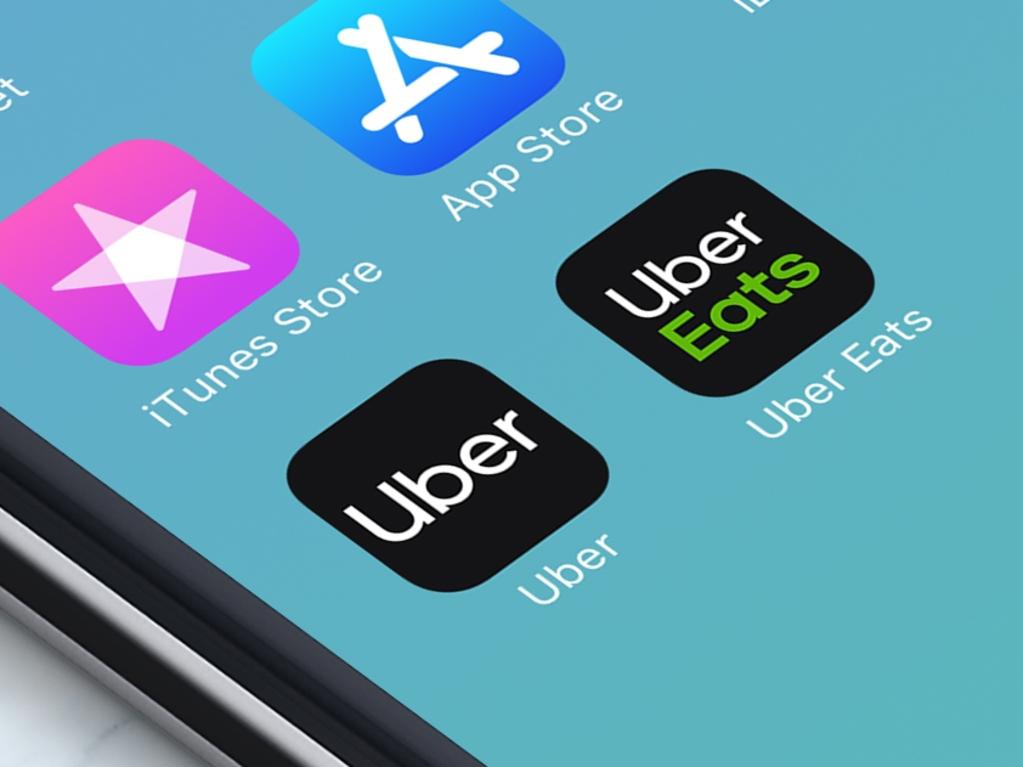Tax myths and mistakes that can put a hole in your 2024 refund
Confused by income tax rules? Join the 90 per cent club, as a new study finds most of us are baffled. See the main misconceptions.
Business
Don't miss out on the headlines from Business. Followed categories will be added to My News.
More than nine out of 10 Australians say they are confused about tax time this year and the uncertainty is rising – potentially causing costly mistakes.
As the Australian Taxation Office sharpens its technology-enhanced surveillance to spot errors in tax returns, new research by Officeworks has found that 93 per cent of people are equally or more baffled about their tax than they were in 2023, when 81 per cent experienced a level of confusion.
The Officeworks study also shows two-thirds of small business owners find the tax system confusing, up 4 per cent on last year.
Its research says the most common end-of-financial-year misconceptions are:
• 61 per cent of people wrongly believe they can use bank statements to prove expenses.
• 47 per cent of people who work from home incorrectly think they can use the fixed rate method, of 67c per hour, and also claim individual expenses such as phone bills.
• 37 per cent believe you can claim up to $300 even if you have no expenses.
• 25 per cent think travel between home and work is tax-deductible.
Officeworks general manager merchandise Jim Berndelis said tax time was daunting for many people who were overwhelmed, unsure where to find the latest tax information and uncertain whether they were interpreting the rules correctly.
Mr Berndelis said hybrid work had become normal in recent years and there had been changes to what workers and business owners could claim.
“Any change can lead to some uncertainty,” he said.


The ATO is pre-filling more of people’s tax returns through its data matching programs, and last year it changed almost half a million tax returns after finding mistakes.
ATO assistant commissioner Rob Thomson said it was now simpler to wait until late July before lodging your tax return, as this allowed more data to be prefilled.
“A common misconception with the work from home cents per hour method is that you can claim phone bills or internet separately,” Mr Thomson said.
“Internet and phone cost are built into the method, so you can’t claim it additionally.”
Money coach and author Natasha Janssens said claiming the hourly home office rate as well as specific expenses such as phone, internet, stationery and electricity “results in double dipping”.
“Historically this was not the case with the previous fixed rate method and mobile phones and internet usage were claimed separately, thus resulting in confusion,” Ms Janssens said. The new rule came into force in March 2023.
Ms Jannsens said the ATO viewed travel between home and work as private in nature and not tax-deductible, while the idea of getting a free $300 work-related deduction without substantiation was a common myth.
“While the ATO allows you to claim up to $300 in work-related expenses without receipts, you still need to demonstrate how you arrived at this amount and provide a breakdown and explanation of the expenses incurred,” she said.
“Since Covid there have been more changes than usual year-on-year regarding claim methods and thresholds for individuals and small businesses, and I think many people are struggling to keep on top of them.”
The ATO’s Mr Thomson said there were several ato.gov.au online tools and calculators that could help people calculate their deductions correctly including working from home, car expenses and self-education.
Mr Berndelis said “absolutely everything could be tax deductible” at Officeworks stores, and there was plenty of easy-to-access information available for people seeking a better understanding of tax.
More Coverage
Originally published as Tax myths and mistakes that can put a hole in your 2024 refund





